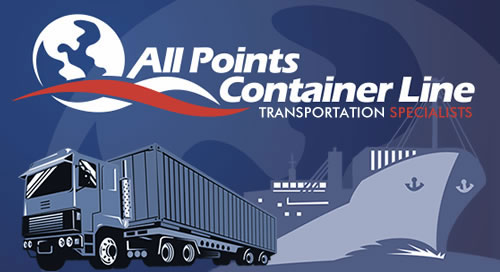Exploring the future trends in intermodal transportation across rail, sea, and trucking sectors unveils a multifaceted and rapidly progressing field. Here’s a detailed look into what these developments might include in the future.
Rail Transportation: Efficiency and Technology Integration
Rail transport is poised for a significant transformation. High-speed rail systems are being developed to ensure faster transit times. Automated cargo handling and predictive maintenance technologies are set to increase operational efficiency and reliability. This sector is also exploring the integration of smart sensors and IoT (Internet of Things) devices to enhance cargo tracking and condition monitoring.
Maritime Shipping: Striving for Sustainability and Digitization
Maritime shipping is moving towards more sustainable and efficient practices. The introduction of LNG (Liquefied Natural Gas)-fueled and solar-powered ships is reducing the environmental impact. Digitization, including AI-assisted route planning and automated docking systems, is improving navigation efficiency. Furthermore, the implementation of global tracking systems and digital documentation processes is set to streamline maritime logistics operations.
Trucking: Embracing Autonomous and Electric Technologies
The trucking industry is undergoing a green revolution with the development of electric trucks, aiming to minimize carbon emissions. The potential of autonomous trucks is also being explored to increase safety and efficiency on highways. These innovations, coupled with advanced fleet management systems, are transforming road freight transport.
Seamless Intermodal Connectivity
The key to future intermodal transportation lies in creating seamless connectivity between these modes. Upgraded intermodal hubs equipped with advanced loading and unloading systems are essential for smooth transitions. Furthermore, digital platforms are enabling better coordination and real-time information sharing among rail, sea, and trucking sectors.
Personalized Solutions and Global Challenges
There’s an increasing demand for personalized solutions catering to varied cargo types and industry-specific requirements. The industry is also adapting to global challenges, such as climate change and geopolitical shifts, by focusing on resiliency and flexibility in supply chain operations.
The future of intermodal transportation is not just about technological advancements – it’s about creating an integrated, sustainable, and efficient system that adapts to the evolving needs of global trade. With these developments, companies like All Points Container Line are well-positioned to offer expert guidance and innovative solutions for modern logistics challenges.

